Knowledge Creation Phases
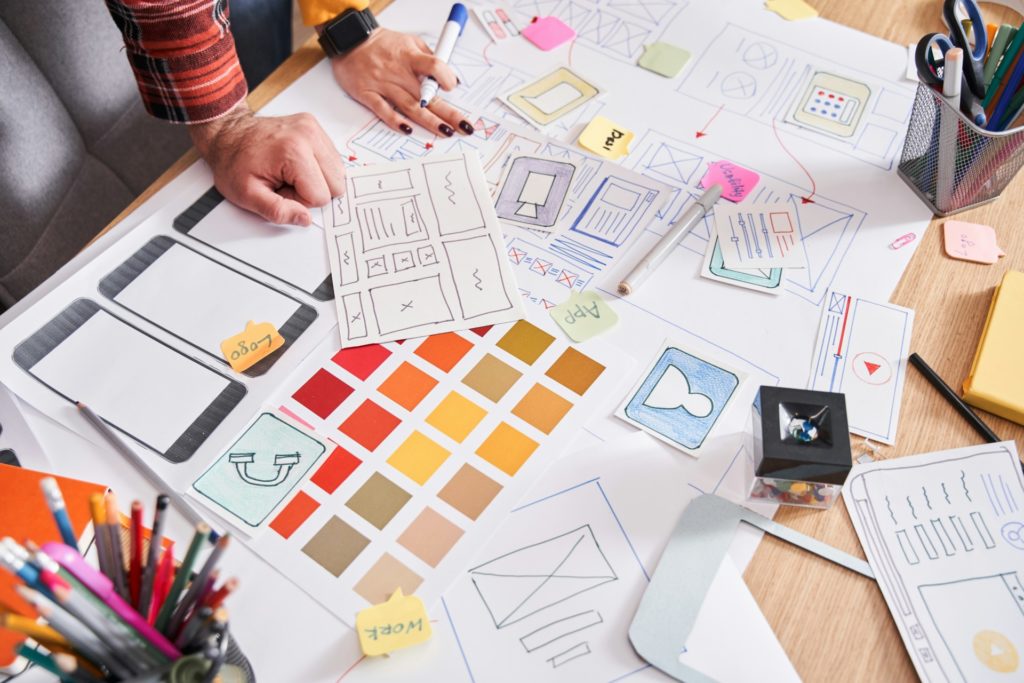
A (non-exhaustive) list of suggested activities for a KCT, which may be used in combination over multiple sessions with the participatory methods outlined.
Localised Knowledge Creation
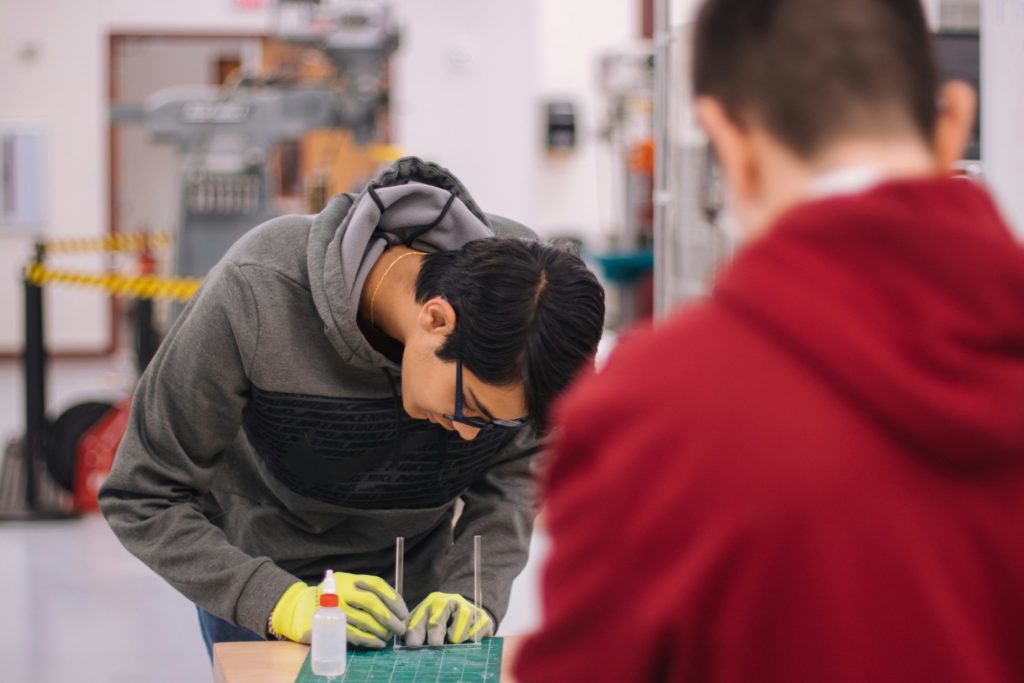
The initial role of the LEVERS Learning Venture is to identify one or more learning settings to
run project-based learning in (e.g., primary, secondary, adult, non-formal, community) – an
educational institution or organisation willing to participate in the co-design and delivery of
the LEVERS project, and to collaborate and interact with other local initiatives that are
undertaking LEVERS projects.
Frameworks for justice-oriented project-based learning
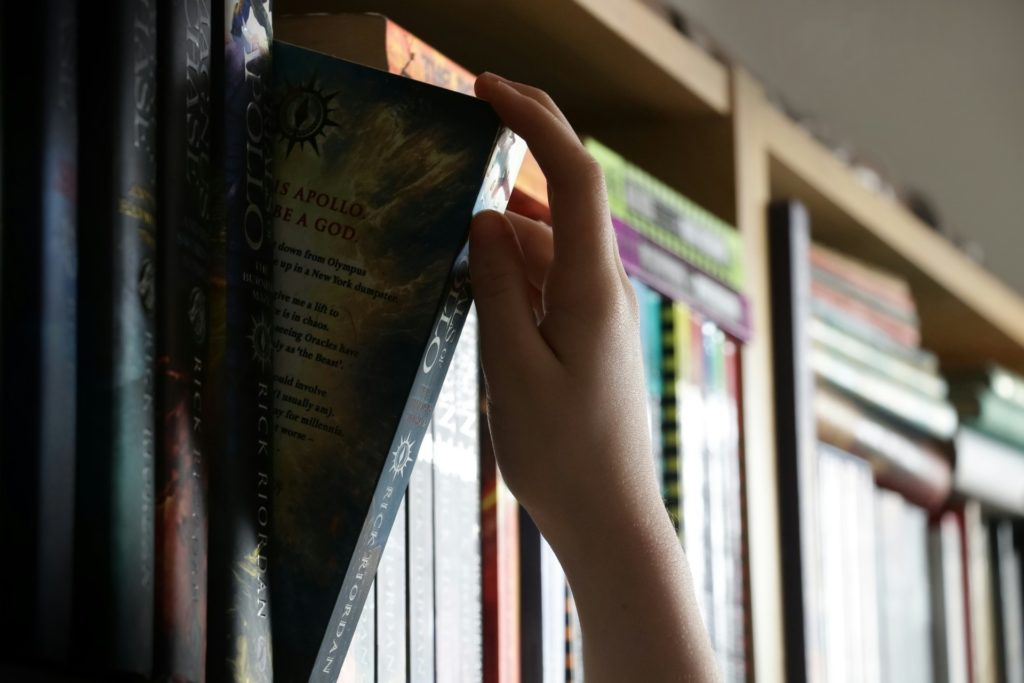
Project-based learning allows for active, inquiry-based learning and the real-life application of knowledge – moving from learning about something, to creating, acting, doing and sharing. In this section, we will explore ways that the concepts explored in this document might be combined to develop project-based learning opportunities for climate justice projects within a learning ecosystem.
Lifelong Learning

Beyond providing skills, knowledge and competences for climate action, lifelong learning empowers learners of all ages and contributes to societal transformation. Adult education is crucial not only to support individual learners but also key for social cohesion and to build resilience among communities (EAEA, 2020). Learning Ventures will bring together members of the community united around a common goal of improving education and lifelong learning in their localities.
Learning Ecosystems

Drawing inspiration from the realm of evolutionary biology, specifically Bronfenbrenner’s 1979 work, the notion of learning ecosystems offers a departure from the conventional belief that education rests solely on the shoulders of individual entities such as schools.
Open Schooling
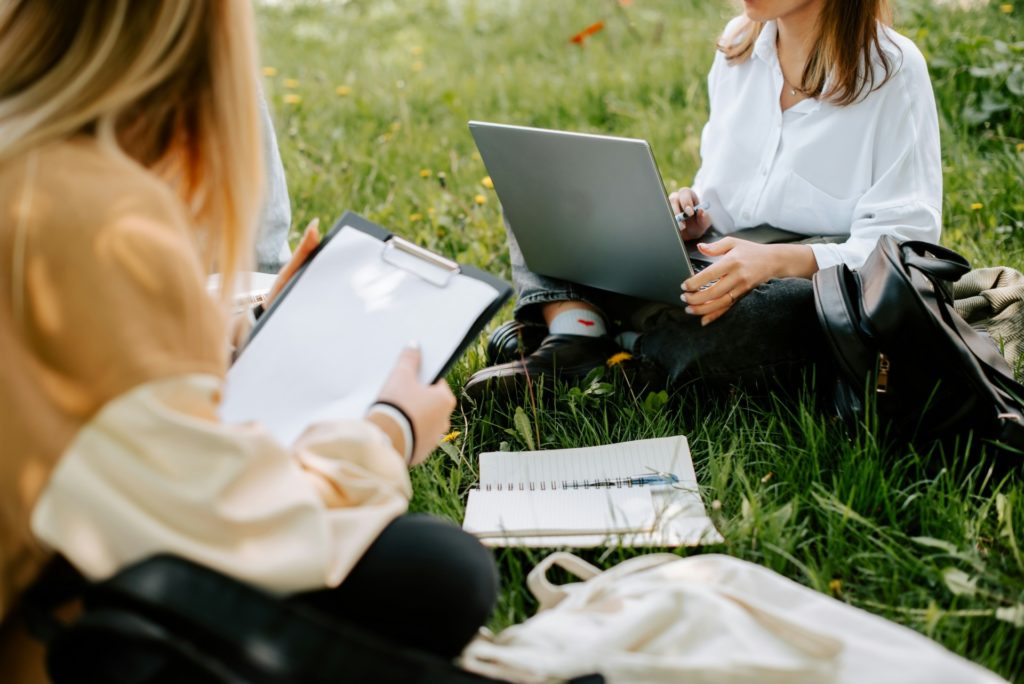
Open Schooling (OS) is a term promoted by the European Union that refers to schools as agents of wellbeing. Through cooperation with enterprises, universities, and local communities, students work with real-life problems to develop the competences that they need to ensure sustainable life and desirable futures (Okada & Gray, 2023).
Place-Based Learning

While rooted in science education, science communication and public engagement, the approaches dovetail and overlap with the well-established field of place-based education. Place-based education is a powerful local approach to education for environmental justice and climate action.
Transdisciplinarity, Imagination & Possibility

The role of art and humanities in tackling the climate crisis cannot be in doubt. In the face of such a complex challenge, we humans can no longer work within disciplinary silos. Climate responses must be transdisciplinary, and educators must work with a range of emotions alongside data and evidence.
Critical Pedagogy & Justice-Oriented Science Pedagogy
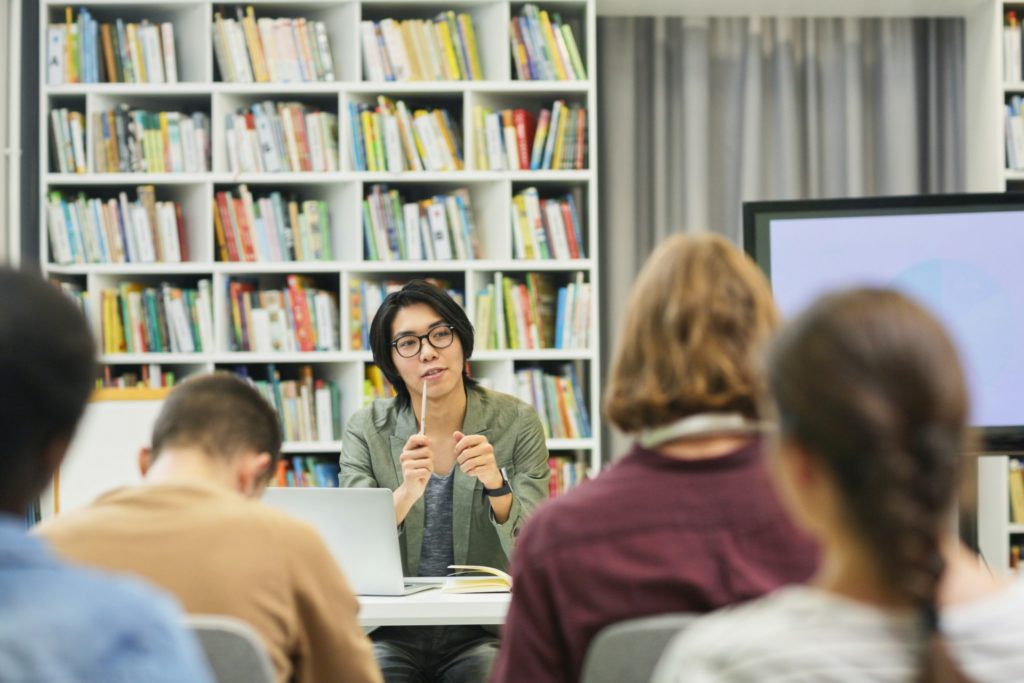
Developed by revolutionary Brazilian educational theorist Paulo Freire in his seminal 1970 publication “Pedagogy of the Oppressed” (Freire, 1970), critical pedagogy is an approach to education that emphasises the development of critical thinking skills and consciousness about issues of social justice.
Equity, Diversity, Inclusion and Belonging
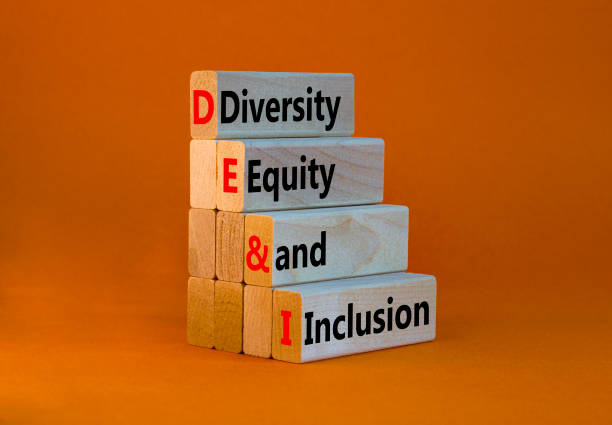
The way climate change impacts people will vary according to gender as well as other characteristics, such as socioeconomic status, poverty, age, ethnicity, disability, geographic location and health factors.
For LEVERS, Diversity, Equity, Inclusion and Accessibility (DEIA) is core to addressing (just) climate action.